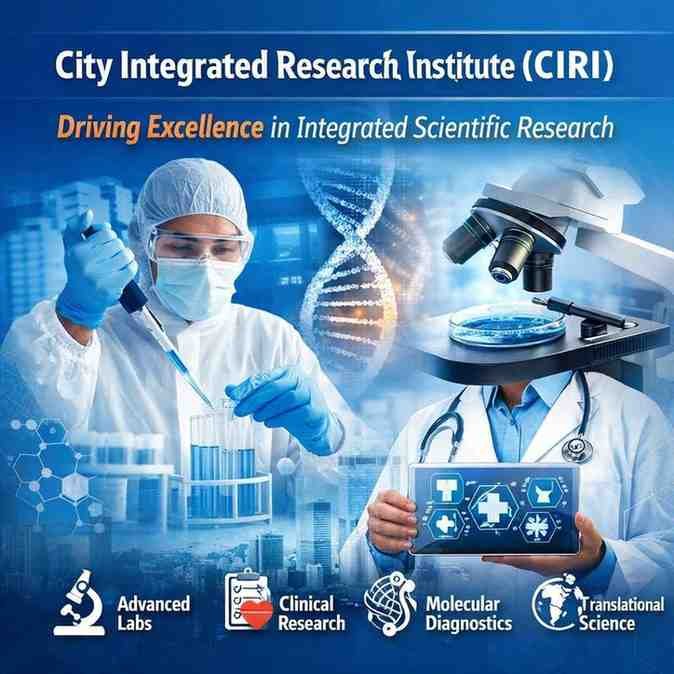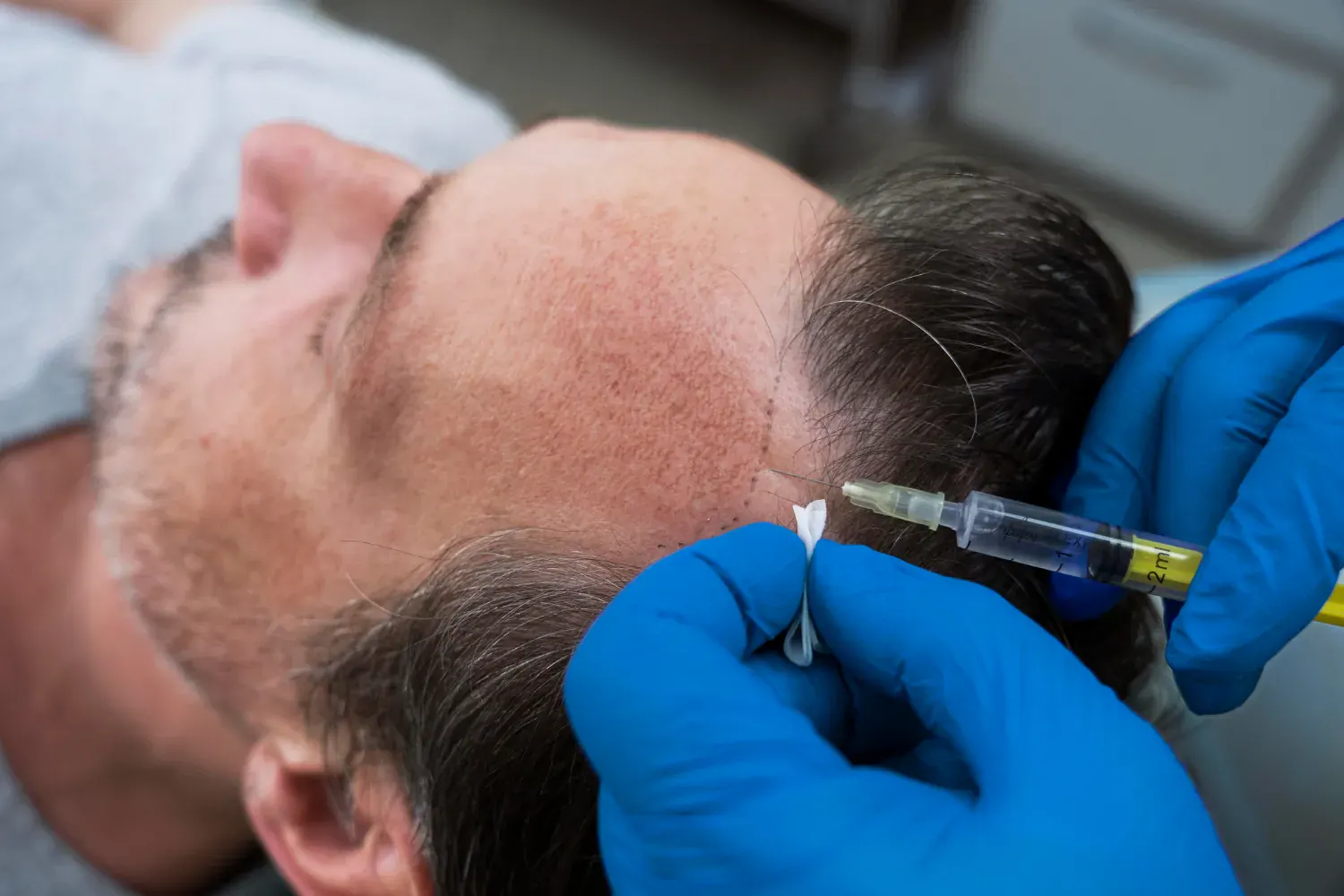Depression is a pervasive mental health issue that affects millions of people worldwide. In San Francisco, a city known for its progressive healthcare approaches and mental health resources, many individuals have found relief and hope through various treatment modalities. This blog post explores real experiences with depression treatment San Francisco, highlighting the journey of those who sought help and found success through therapy for depression. By sharing these stories, we aim to provide insight into the effectiveness of different treatments and the importance of mental health support.
Understanding Depression: A Shared Struggle
What Is Depression?
Depression is more than just feeling sad; it’s a complex mental health condition characterized by persistent feelings of hopelessness, worthlessness, and a lack of interest in previously enjoyed activities. It can affect a person’s ability to work, socialize, and maintain relationships, leading to a cycle of isolation and despair.
The Importance of Seeking Help
Many people struggling with depression may feel hesitant to seek help due to stigma or misconceptions about mental health. However, reaching out for support is a crucial step towards recovery. In San Francisco, various treatment options are available, from therapy to medication, allowing individuals to find the right approach for their unique needs.
Therapy for Depression in San Francisco: A Lifeline for Many
Types of Therapy Available
Therapy is a widely recognized and effective treatment for depression. In San Francisco, individuals have access to a range of therapeutic modalities:
Cognitive Behavioral Therapy (CBT)
CBT focuses on identifying and changing negative thought patterns and behaviors that contribute to depression. Many people have found success through CBT, learning to reframe their thoughts and develop healthier coping mechanisms.
Dialectical Behavior Therapy (DBT)
Originally developed for individuals with borderline personality disorder, DBT has proven effective for those experiencing depression. It emphasizes mindfulness, emotional regulation, and interpersonal effectiveness, helping clients manage their emotions more effectively.
Psychodynamic Therapy
This approach delves into the unconscious processes that influence thoughts and behaviors. Clients explore past experiences and how they shape current emotional challenges, leading to a deeper understanding of their mental health.
The Role of Support Groups
Support groups play a vital role in the recovery journey for many individuals. In San Francisco, various groups cater to those experiencing depression, providing a space to share experiences, learn from others, and receive encouragement. These groups can help reduce feelings of isolation and foster a sense of community.
Real Experiences: Stories of Hope and Recovery
Emma’s Journey: Finding Light Through CBT
Emma, a 34-year-old graphic designer, had struggled with depression for years. After losing her job during the pandemic, she found herself in a deep state of despair. “I felt like I was in a dark hole, and no matter how hard I tried, I couldn’t climb out,” she recalls. After some encouragement from a friend, Emma decided to seek therapy for depression San Francisco.
She started cognitive behavioral therapy with a licensed therapist who specialized in depression. “CBT helped me identify the negative thought patterns that were holding me back. My therapist guided me in reframing my thoughts, which was a game-changer,” Emma explains.
Over several months, she learned practical strategies to manage her depression. Emma also joined a support group for creatives, where she connected with others who shared similar struggles. “Hearing their stories made me realize I wasn’t alone. It felt comforting to be part of a community that understood what I was going through,” she shares.
Today, Emma is back to work and finds joy in her creative pursuits. “I still have my bad days, but I now have the tools to navigate them. Therapy was the lifeline I needed,” she concludes.
David’s Transformation: Embracing DBT
David, a 28-year-old software engineer, had battled depression since his teenage years. He found himself feeling overwhelmed by stress and unable to manage his emotions effectively. After experiencing a particularly difficult episode, he sought therapy for depression in San Francisco.
David began dialectical behavior therapy, which emphasized mindfulness and emotional regulation. “DBT taught me how to be present and not let my emotions control me. I learned how to validate my feelings without being overwhelmed by them,” he says.
Through group sessions, David also connected with others facing similar challenges. “It was eye-opening to see that everyone was fighting their battles. We supported each other, and it felt like a safe space to express ourselves,” he shares.
As David progressed through therapy, he developed healthier coping strategies and rebuilt his self-esteem. “I’ve started to feel more in control of my life. I’m not just surviving anymore; I’m actually living,” he affirms.
Sarah’s Healing: The Power of Psychodynamic Therapy
Sarah, a 45-year-old educator, had long been aware of her struggles with depression, stemming from childhood experiences. After a significant life event triggered a resurgence of her symptoms, she decided to seek therapy for depression in San Francisco.
Sarah opted for psychodynamic therapy, which encouraged her to explore her past and its impact on her present. “Unpacking my childhood memories was challenging but necessary. I realized how much my past influenced my self-worth and relationships,” she recalls.
Working with her therapist, Sarah gained insight into her emotional patterns and learned to challenge negative beliefs about herself. “It was liberating to understand where my feelings came from. I started to feel empowered to change my narrative,” she explains.
Today, Sarah is more resilient and has fostered healthier relationships. “Therapy has been transformative for me. I no longer let my past dictate my future,” she concludes.
The Importance of Holistic Approaches
Integrating Mindfulness and Wellness Practices
In addition to traditional therapy methods, many individuals in San Francisco are incorporating holistic approaches into their depression treatment. Mindfulness practices, such as meditation and yoga, have gained popularity as complementary tools for managing depression.
Nutrition and Exercise
Research has shown that physical health plays a significant role in mental well-being. Regular exercise and a balanced diet can positively impact mood and energy levels. Many therapists in San Francisco encourage clients to adopt healthy lifestyle changes alongside their therapy for depression.
Overcoming Challenges in the Recovery Journey
The Stigma Surrounding Mental Health
Despite the increasing awareness of mental health issues, stigma still exists. Many individuals may hesitate to share their experiences with depression due to fear of judgment. Advocacy efforts in San Francisco aim to reduce stigma and promote understanding of mental health challenges.
Accessing Resources and Support
While San Francisco offers various mental health resources, access can still be a challenge for some. It’s essential for individuals seeking depression treatment to be aware of their options and advocate for themselves in their recovery journey. Local mental health organizations often provide information and resources to help navigate available treatments.
Conclusion: A Message of Hope
The experiences shared in this blog post highlight the diverse pathways to recovery through depression treatment in San Francisco. Each individual’s journey is unique, but the common thread is the importance of seeking help and finding the right support. Whether through therapy, support groups, or holistic approaches, individuals can reclaim their lives and find hope even in the darkest moments.
If you or someone you know is struggling with Depression Treatment in San Francisco, remember that help is available. The stories of Emma, David, and Sarah remind us that recovery is possible, and it often starts with a simple step: reaching out for support. Embrace the journey toward healing, and know that you are not alone.
















Leave a Reply